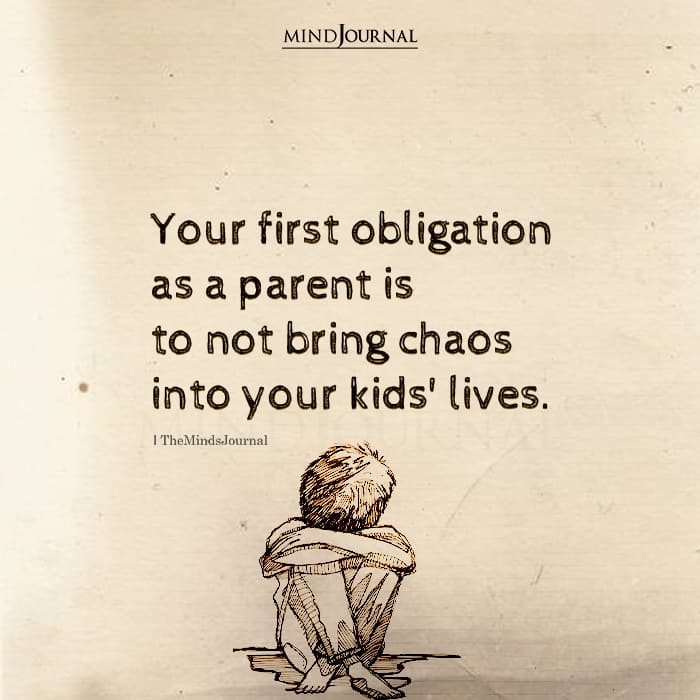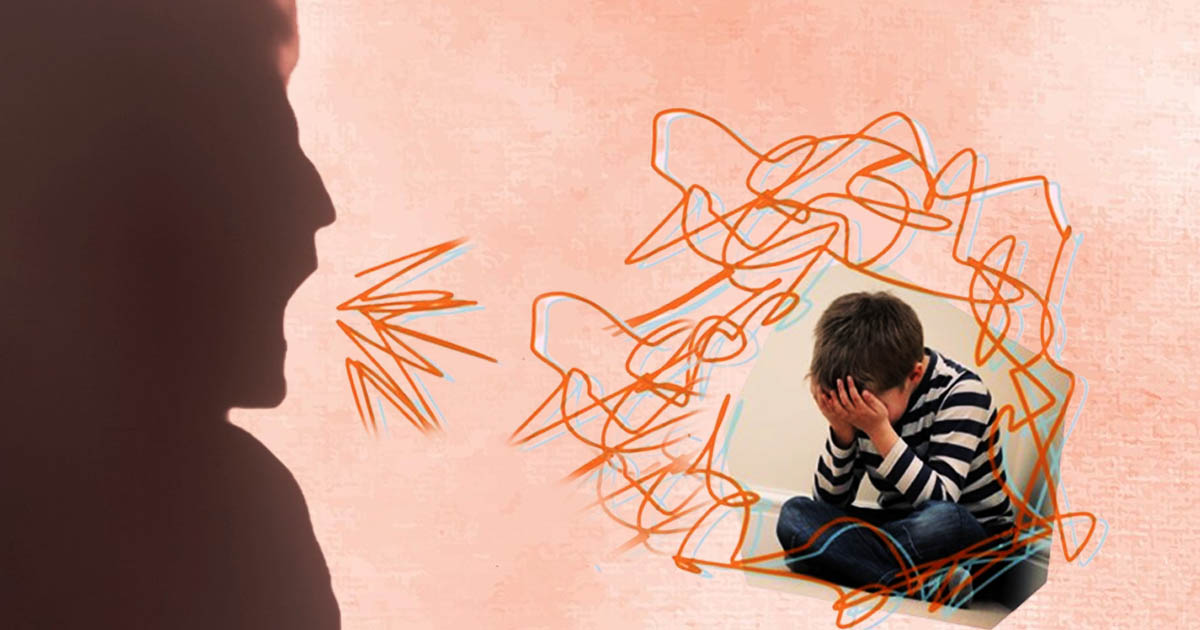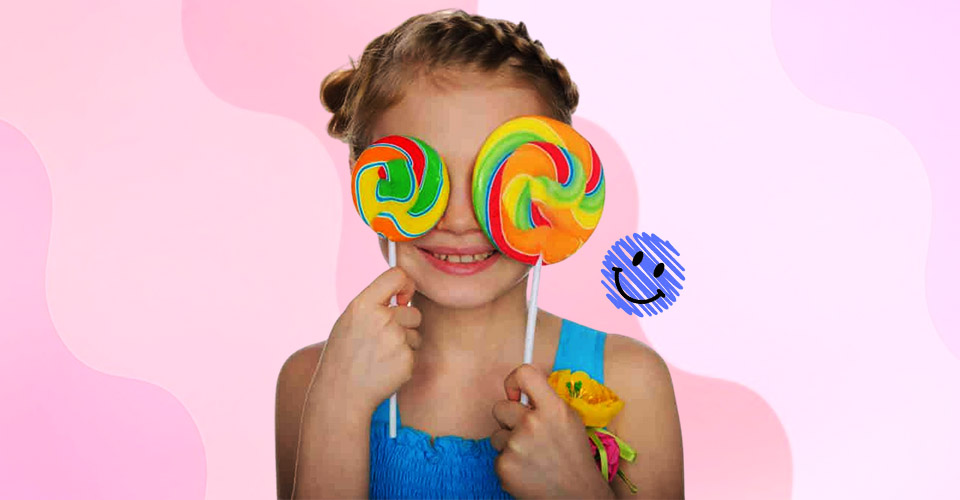Parenting can be tough, with moments of happiness mixed in with some real challenges. One big challenge is when parents end up yelling at their kids. Understanding why parents yell at their kids can help you overcome this anger and rage.
Even though it might feel like a quick fix to show who’s boss or let out frustration, yelling can cause serious problems.
In this article, we’re going to talk about why parents yell at their kids and why it’s not a good idea. We’ll look at how yelling can affect children’s feelings and behavior. Together, we’ll explore ways how to stop yelling at kids, so that everyone feels respected and understood.
Why Parents Yell At Their Kids?
There may be various reasons why parents yell at their kids, and it’s essential to understand that each situation and individual is unique.
Here are some common reasons why parents yell at their kids:
1. Frustration:
Parenting is a minefield that often gets parents frustrated on different fronts. Struggling with defiance, meltdowns, and constant requests can make moms and dads feel like they are swimming in too-deep waters both physically and emotionally.
Yelling becomes the only way to release the built-up tension when one is boiling over due to parenting stress; it even serves as an outlet for one’s frustrations.
2. Lack of Tolerance:
In parenting crises, the one thing that can’t be tolerated is the absence of patience. Consistently being disobedient or not taking heed of any rules and regulations may make a parent feel pushed beyond their last limits.
The parents’ tolerance wanes because they have been trying to control their annoyance through many hard situations; meanwhile, all this time they believed it was possible to maintain patience even when other things may try their best to test it. Thus, screaming seems to be the only means that a mother or father can get back parental authority by demanding obedience from his/her child whenever there’s frustration.
3. Talk Breakdown:
For a sound parent-child relationship, conversation is necessary. This will lead to increased conflict and tension between children and parents which in turn arises as soon as communication breaks down.
Thus, when children do not hear or understand what their parents are saying anymore, the latter resort into shouting mode.
Hence yelling at them may seem like another way for these parents to make their children listen since they cannot get through what worries them gently again let alone keep quiet about things which are in reality urgent hence need immediate attention.
4. Action Learning:
Children learn much better on what they observe than on what they hear or told; therefore if grew up in an environment where yelling was the order of the day with their parents then such behaviour could be passed on inadvertently.
Sometimes ingrained habits and learned behaviors from childhood come out again in moments irritation or stress so involving much family shouting throughout generations thus creating cycles of yelling handed down from parents to kids.
5. Irritating:
Parenting does not exist as an island but within a larger context influenced by various external factors including job demands, financial strains and dynamics existing among partners at home leading to more friction over time due cumulative stressors infiltrating into parenting space as well as diminishing coping strategies.
Stressed out ones usually take up shouting as one of the maladaptive coping styles to get through hard times and get a temporary relief.
Hence it is important for parents to recognize when they yell at their children and find healthier ways of communicating. This can be done through anger management, active listening skills, clear expectations establishment, and positive reinforcement instead of punishment.
10 Harmful Psychological Effects Of Yelling
The act of yelling, which is often perceived as a convenient means to show irritation and assert dominion, may have severe psychological repercussions notably in the long run.
These are five adverse psychological effects of yelling:
1. Emotional Distress:
Children especially suffer emotionally when they are shouted at; yelling causes emotional distress. The act of shouting repeatedly can create fear, anxiety and insecurity in children. These kids will grow up with little self-esteem as they are afraid of being denied their ways or getting into arguments.
Such children may feel that they are not respected as individuals leading to an unstable emotional state. This could interfere with the establishment of secure attachments in future as well as proper emotion regulation.
For adults who experienced constant yelling in their childhoods, trust issues and intimacy may become problematic.
2. Impaired Communication Skills:
Shouting among family members disrupts healthy communication patterns. It creates a hostile setting where people do not have confidence to express themselves openly but rather discourage open discussion which is desirable between them.
To manage this tension, some family members might develop behaviors such as defensiveness and avoidance that impede conflict resolution while encouraging negative attitudes towards others. Such children cannot express their feelings or say no.
Thus these communication difficulties may persist into adult relationships promoting even more misunderstanding and conflict.
3. Increased Aggression:
Cycles of violence can be perpetuated by yelling which incites aggression. Indeed, studies indicate that repeated exposure to loud voices for children tends to result in aggression than other children’s experiences do. They will also imitate this behavior during interaction because it seems like a normal reaction to stressful situations or frustrations since shouting is associated with such occasions.
This carries forward violence across generations within families and communities that breed injury and dysfunctionedness.
4. Negative mental health Impact:
The act of yelling is mentally unhealthy and affects both the yeller and listeners. Yelling may cause a sense of guilt, embarrassment or regret that brings about uneasiness and emotional imbalance in the yeller.
Depression, anxiety or post-traumatic stress disorder (PTSD) symptoms can result from recipients of yelling especially when it is frequent or intense.
This may cause permanent damage leading to long-term psychological problems for children’s lives because they do not feel secure and stable due to shouting.
5. Broken Parent-Child Attachment:
Parent-child relationships are destroyed by yelling thus eroding trust and attachment. Shouting might be viewed as denying their feelings or needs by children hence bringing about a breakdown in communication with caregivers which results in feeling estranged from them.
Continually weakens these bonds between parents and children over time thereby stunting familial emotional growth. Children who have grown up without any sense of safety or unconditional love often feel “Lost” to their parents once they become adults themselves.
Rebuilding these broken connections means working towards renewing them progressively until all parties involved in this challenging process restore them again themselves.
At times, one could shout just for momentary relief or illusion of control but it comes with serious future implications on his/her mental well-being as well as interpersonal relationships. Healthier communication techniques are needed in addition to coping strategies which deal with various conflicts as well as stresses without shouting involved at all.
How To Stop Yelling At Kids
Transforming the way we interact with our children begins with a conscious decision to stop yelling and cultivate healthier communication habits.

Here are some tips on how to stop yelling at kids:
1. Self-Reflection and Awareness:
To start, look inside yourself and identify instances that make you shout. Think about the deep feelings behind your reactions while noting how yelling affects the emotional state of your children. Being self-aware allows you to catch a breath before answering rather than just reacting impulsively.
2. Emotional Regulation Techniques:
Educate yourself on techniques of stress control as well as emotional regulation to effectively manage frustration and anger. Develop mindfulness, do deep breathing exercises or simply have a brief timeout to regain composure before you deal with tough situations involving your kids.
3. Positive Communication Strategies:
Switch over from aggressive and negative communication styles that encourage miscommunication and lack of respect for one another. Speak firmly but politely without shouting instead of being hostile or threatening when addressing issues concerning your child’s behavior.
4. Modeling Healthy Conflict Resolution:
Show others how to resolve conflicts peacefully since conflict is inevitable in any relationship between two people; especially couples, who constantly live together under one roof.
Teach them how to express emotions respectfully, be good listeners as well and reach an agreement when solving problems through negotiations with each other. By doing this, it helps them to develop practical skills in interpersonal relationships that can be used in future.
5. Consistent Reinforcement and Patience:
The key is creating a systematized discipline approach that compliments positive behavior using encouragement, praise, and rewards. Persist in your attempts at transformation recognizing that it takes time as well as commitment; gradual process. Celebrate every small victory and hold firm onto the dream of having a loving family where no one yells out loud
By embracing patience, empathy, and positive reinforcement, we not only create a more harmonious family dynamic but also nurture resilient, emotionally secure children ready to navigate life’s challenges with confidence.
A Word From Mind Family
As we close, it is important to remember that the way we talk with our kids significantly impacts their growth and welfare. Raging may give some relief at the moment, but its consequences are harmful and long-lasting. Learning why parents yell could your first step towards avoiding it.
Through identifying our triggers, self-control training, and promoting positive communication, we can create an environment that supports and nurtures our children by making them feel valued and understood.
Let’s decide to stop the cycle of shouting by becoming role models for healthy conflict resolution and emotional expression. Our kids need to grow up in a milieu of forbearance, compassion, and unconditional love.
Let us come together to form a Mind Family whereby respect, understanding, and kindness are kings.
Frequently Asked Questions (FAQs)
1. Why parents yell at their kids?
Parents yell due to frustration, lack of patience, communication breakdowns, learned behavior, and stress from external factors.
2. What are the psychological effects of yelling at kids?
Psychological effects of yelling include emotional distress, impaired communication, increased aggression, negative mental health impact, and damaged parent-child bonds.
3. How to stop yelling at kids?
To stop yelling, practice self-awareness, emotional regulation, positive communication, modeling healthy conflict resolution, and consistent reinforcement with patience.














Leave a Reply